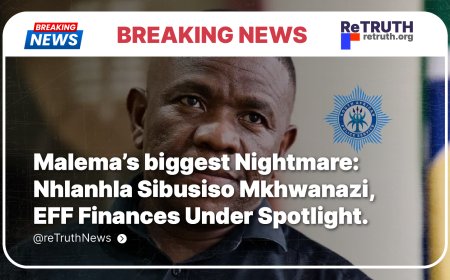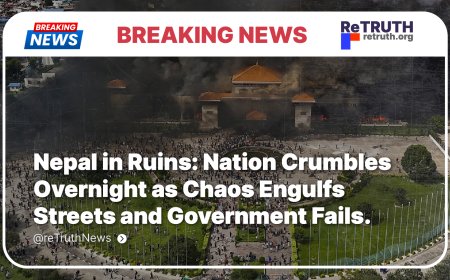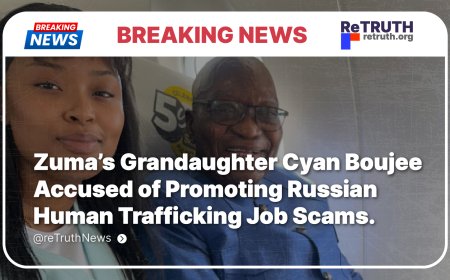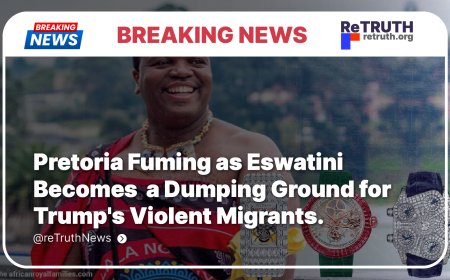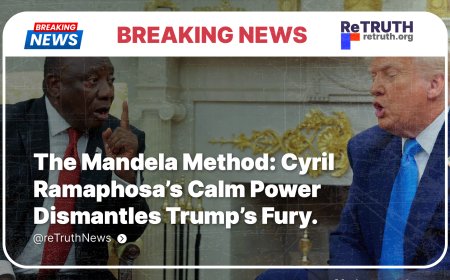Tribal Factions: Zuma’s MKP Rocked by Tribalism Scandals as Most Experienced SG Is Fired
Tribal Factions: Zuma’s MKP Rocked by Tribalism Scandals as Most Experienced SG Is Fired
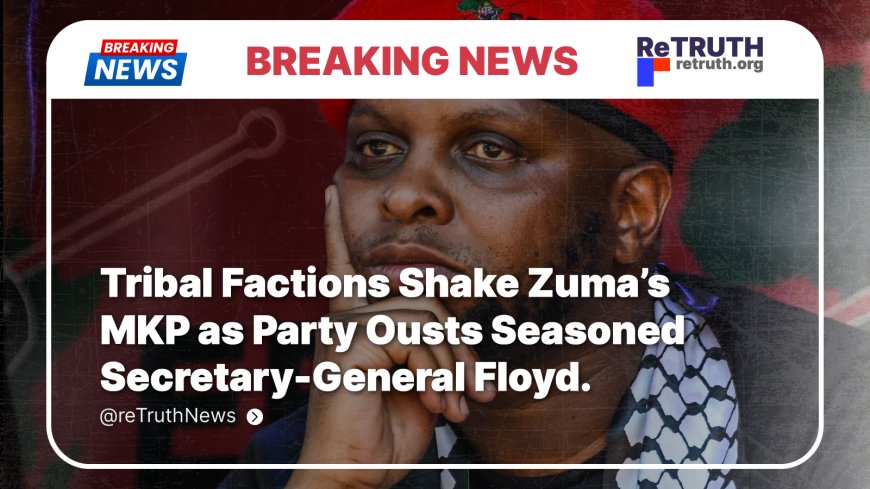
Key Points:
-
Floyd Shivambu removed as MKP Secretary-General, redeployed to Parliament.
-
Accusations of tribalism and factional purging grow within MKP.
-
MKP’s KZN-Zulu core accused of sidelining experienced non-Zulu leaders.
-
Analysts warn MKP risks becoming a regional movement rather than a national force.
The uMkhonto weSizwe Party (MKP), led by former President Jacob Zuma, is facing its most turbulent internal crisis yet, as accusations of tribalism and factional purging grip the young but fast-growing political force. The removal of Floyd Shivambu from his position as Secretary-General one of the party’s most experienced national figures has not only deepened internal divisions but also intensified criticism of the party’s growing Zulu ethno-nationalist alignment.
Shivambu, known for his strategic sharpness and a high-profile political background as former EFF deputy president, has been unceremoniously redeployed to Parliament. Though the party has not officially confirmed the reasons behind his redeployment, sources within MKP allege that his removal was driven more by tribal factionalism than policy disagreements.
“This is not just a leadership reshuffle,” said one senior MKP insider who spoke on condition of anonymity. “It’s a purge. Floyd’s removal signals a tightening grip by the KwaZulu-Natal core, and it’s clear that anyone who doesn’t fit into that mold is being pushed out.”
Zulu Dominance? Tribalism Allegations Mount
The MKP, which stunned the nation with its meteoric rise in KwaZulu-Natal during the 2024 elections, has faced growing accusations that its internal structure and external messaging are steeped in Zulu nationalism. ANC National Chairperson Gwede Mantashe previously accused the MKP of riding on the back of tribal loyalty in KZN, describing its support base as “built on Zulu tribalism rather than national unity.”
MKP leaders have consistently dismissed such claims as political smear tactics. However, the pattern of leadership decisions including the expulsion of Mpumalanga leader Mary Phadi and sidelining of other non-Zulu figures has led many to believe the tribalism label is not without merit.
Political analyst Dr. Zama Mdlalose warns that “MKP is walking a dangerous tightrope. If the party continues down this path of exclusionary politics, it risks alienating broader support in provinces like Gauteng, Limpopo, and the Eastern Cape provinces that will be essential if it has any ambitions of national power.”
Factional Fights Go Public
Internal tensions boiled over in recent months, with high-profile social media spats further fueling the perception of infighting. Duduzile Zuma-Sambudla, daughter of Jacob Zuma and a rising political figure within MKP, lashed out at Shivambu on X (formerly Twitter), calling him “useless” before later apologizing. The damage, however, had already been done, as the post was widely interpreted as reflecting deeper factional animosity.
Shivambu’s controversial visit to the Enlightened Christian Gathering Church in Malawi led by fugitive pastor Shepherd Bushiri also drew sharp criticism. While the party officially distanced itself from the visit, insiders claim the backlash was less about protocol and more about using the incident as a political weapon to weaken his standing.
“The Bushiri visit was just a smokescreen,” said one MKP youth leader. “They wanted Floyd out, and they were looking for any excuse to make that happen.”
A Party at a Crossroads
With Shivambu's departure, MKP faces a serious identity crisis. While it enjoys significant loyalty in KZN, the lack of a diverse and inclusive national leadership structure could hamper its future prospects. Efforts to build coalitions or contest national power may be undermined if the party is seen as a vehicle for Zulu regionalism rather than a truly pan-South African alternative.
At the time of publication, the MKP had not yet announced a replacement for Shivambu. His exit leaves a noticeable vacuum, not only administratively but also ideologically. As Parliament prepares to resume, all eyes will be on whether Shivambu will toe the party line or emerge as a silent but potent dissident voice from within.
What's Your Reaction?
 Like
0
Like
0
 Dislike
0
Dislike
0
 Love
0
Love
0
 Funny
0
Funny
0
 Angry
0
Angry
0
 Sad
0
Sad
0
 Wow
0
Wow
0



